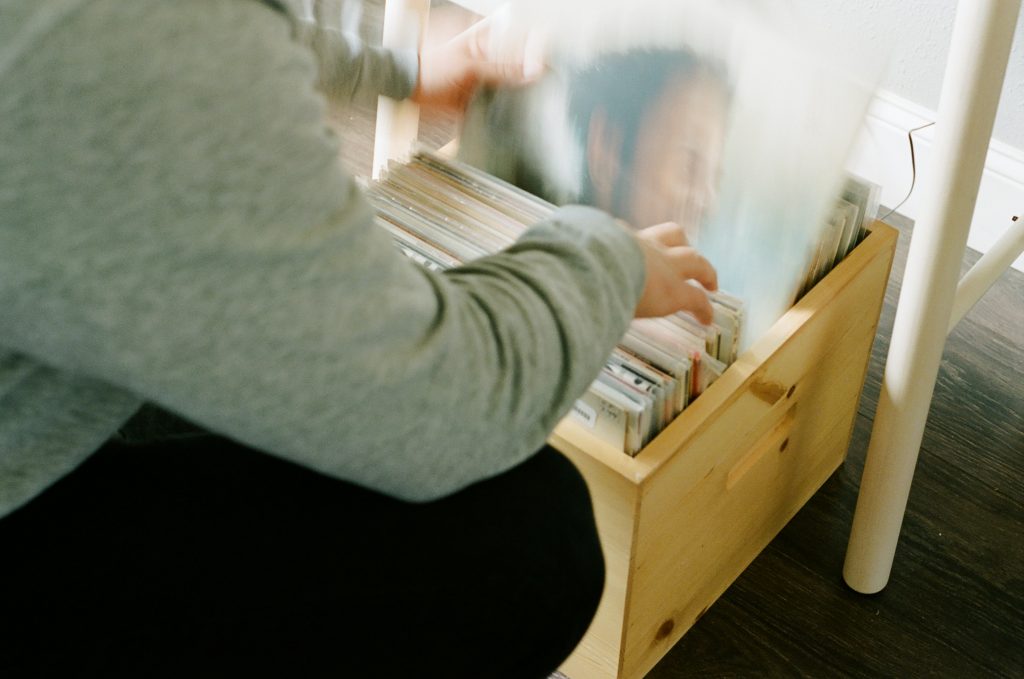
James Gaunt
4 June 2021
Melbourne’s highly anticipated Rising festival has been cancelled, again.
After being postponed in 2020, the festival was all set to go ahead this year until Victoria’s latest lockdown forced organisers to pull the plug after just one day.
It was a disappointment for many people, but especially the musicians who had waited so long to get back on stage.
“I feel so bad for Bananagun,” said Billy Gardner, owner of Anti-Fade Records, a Melbourne based label who released Bananagun’s debut album The True Story Of Bananagun last year.
The band had been scheduled to play a headline show at Rising but now fans will have to wait until their next show in July.
“They’ve been hanging to do some stuff and it keeps getting pushed back. I don’t think it’s really an album launch, it’s 11 months after the album came out, but it’s a damn shame,” said Billy.
Other than running Ant-Fade, Billy plays in Smarts, a band who have their own album launch scheduled for later this month, 9 months after it was released.
Forced to stay at home last year, Australia’s bands got creative. Smarts had already recorded a live performance in May, while labelmate Primo created a “live” video over email, editing together their respective parts.
Elsewhere, Flume auctioned NFT digital artworks, merci mercy appeared in the videogame Roblox, and Gordi turned an intimate live performance into a VR experience.
Gordi, alias of Sophie Payten, also found herself in the news last year thanks to her work as a doctor in Melbourne, on the frontlines during COVID.
But before the pandemic she had recorded her second album in 2019 and was preparing for its release last year.
Her album Our Two Skins came out on Liberation Records in June 2020, and shot to #18 in the ARIA Album Charts, though Gordi said they had initially wondered if it was the right time to put it out.
“We considered delaying its release but decided in the end to forge ahead and I’m glad we did. I think the record appropriately hit the mood of isolation that everyone was experiencing,” Gordi said.
While an album release would usually include a national tour and hours of promotional appearances, last year things had to be done differently.
“Normally I would be on tour in Europe and North America, and instead I was in my bedroom, filming interviews and video after video of short performances so that we could still reach those same audiences,” Gordi said.
“The benefit of doing a tour following the album release is the sustained momentum that comes with it – we had to get creative to achieve the same result.”
At the end of 2020, Gordi held her album launch in Sydney, while her Melbourne fans had to wait a bit longer as the cities restrictions were still in force.
But after such an intense year, it was a relief to finally get back on stage, for her fans and herself.
“Coming back to performing after so long made me really feel the pressure, but the audiences were so there for it. You could really feel the relief and gratitude in the room that we could all be together again,” Gordi said.
Fans had spent most of 2020 at home, where they streamed more music, watched more TV, and bought more vinyl, and vinyl pressing plants around the world were affected by their own shutdowns, which saw delays impacting several releases.
Liberation Records label manager Sarah Testolin said some delay was common in any album rollout, but last years vinyl delays further impacted releases like Lastlings debut album No Contact.
“That was released in November and we weren’t able to release the vinyl until February this year. This was just another of the challenges that COVID threw up,” Sarah said.
Anti-Fade Records were less affected by vinyl delays, and created a series of limited colour vinyl releases for the first time, which caused a boom in sales.
“It was huge. I’ve never really been a fan of colour vinyl and didn’t do it for ages. But I brought it in around May last year and that just went ballistic,” owner Billy Gardner said.
“I think it was a bit of everyone wants them because they’re limited, and a bit of people having extra money and not lots to do. So yeah, last year was great in that regard.” Billy said.
But while 2020 was a great year for new music releases, what about 2021?
Recording studios have been reopened, and many musicians have gotten used to working over Zoom, even using the opportunity to collaborate with more artists overseas.
But while that may work for some, Billy Gardner was less convinced.
“We were able to finish off stuff during lockdown last year, but we can’t do that this year, because nothing was started. No one could really jam for the whole last 15 or so months, and you’re not really making any new stuff,” Billy said.
“People are doing what they can, but it varies. It’s not easy because someone might live out of town or something, but bands that live together is always pretty good.”
Looking to the future, Sarah Testolin was more optimistic, but acknowledged the recent cancellation of Rising was a reminder that things aren’t back to normal yet.
“You sort of have to be willing to change and adapt to things and not expect that things can be normal. Or forge ahead, and just make the best of it”, Sarah said.